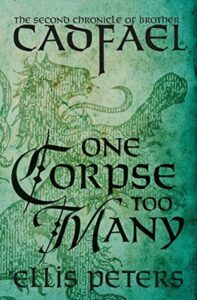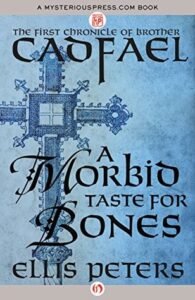 Fell Murder, E.C.R. Lorac
Fell Murder, E.C.R. Lorac
Another British Library Crime Classic! Lorac’s work, as republished in this series, has been solidly satisfying for me, drawing sensitive portraits of people and places that make you care about the solution of the murder. It’s not a mere puzzle, as it can be in other crime fiction of much the same period. Fell Murder is solidly set in a particular landscape, which Lorac clearly loved and described in beautiful detail, so you can almost smell the hay and the damp earth and — yes — the cow sheds. It’s idyllic, even romanticised, and the characters are made sympathetic through their love of the land and their whole-hearted hard work. Even the crotchety old head of the family is dignified by his hard work and his fairness, despite his ruthlessness.
I found this a little slower than Lorac’s other work; I think because I could see who the killer must be far too soon, and thus didn’t appreciated the beating around the bush. In the final chapters of the book, I rather disliked Macdonald’s little gambit about Charles and Malcolm; what a needless risk, with more evidence due to turn up!
It wasn’t bad, and it definitely had its high points, but it didn’t totally work for me.









